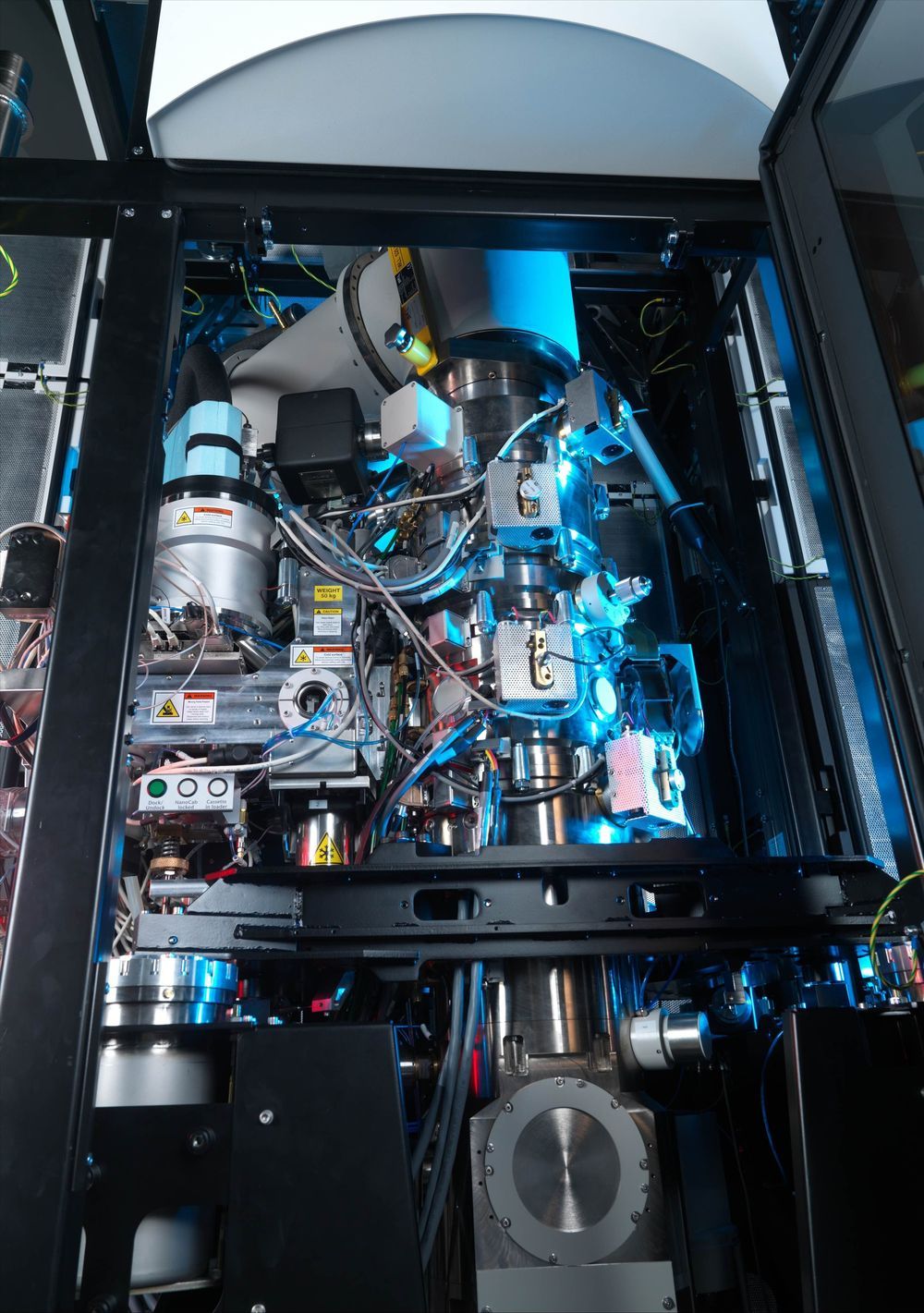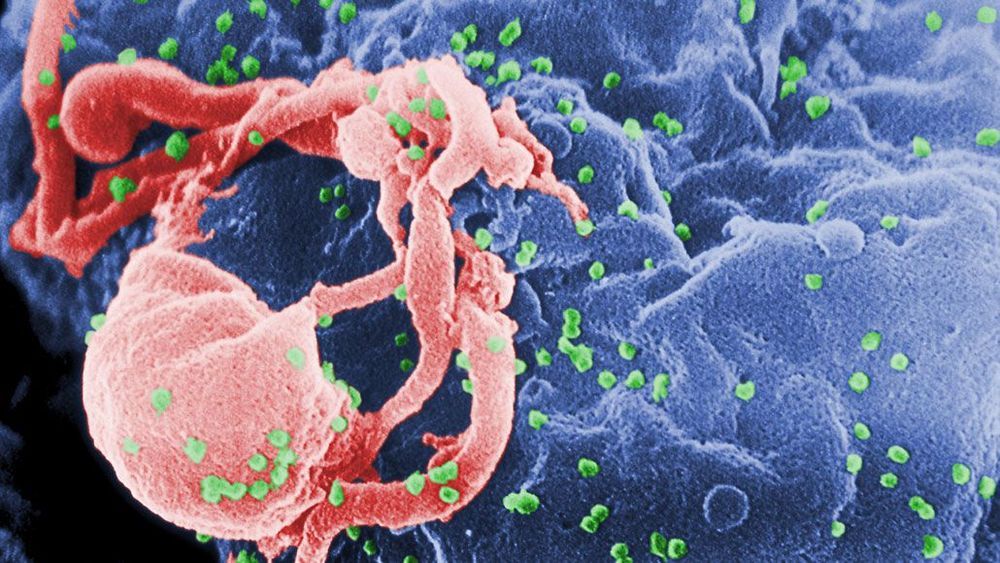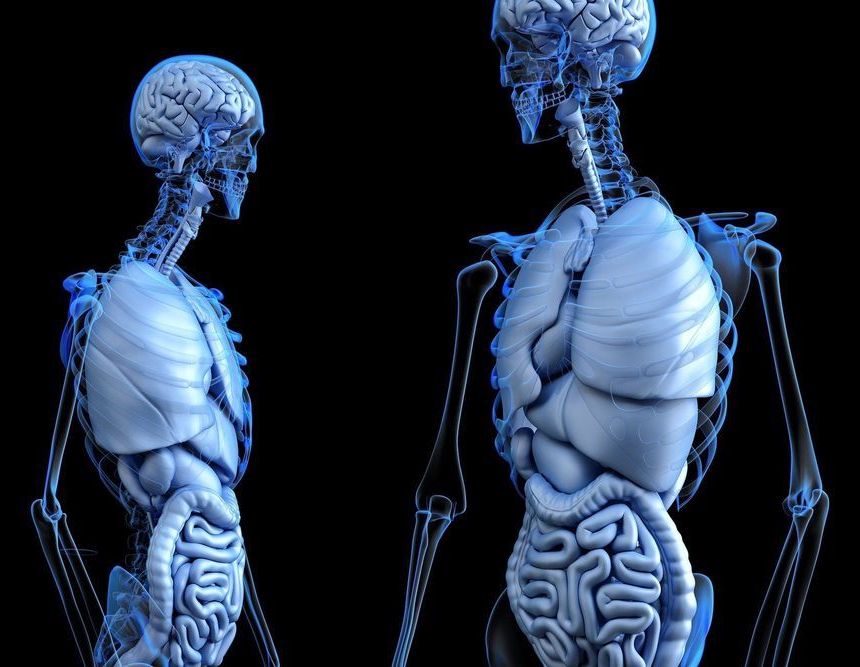An international team of researchers have discovered a new and highly conserved site on the SARS-CoV-2 virus that can be neutralized by a specific antibody. Previous studies have reported that antibodies that block the virus interaction with the human receptor (ACE2) have a significant neutralizing effect and can be used to save the lives of critically ill patients. However, this recent study published in Nature Structural and Molecular Biology describes a different target that can be bound in synergy with ACE2 blocking antibodies for a stronger neutralizing effect. Together, with a group at a hospital in Taiwan, the team using the Electron Bio Imaging Centre (eBIC) at the UK’s national synchroton, Diamond Light Source, to identify antibodies from a convalescent patient that could create a real potential for a drug target.
Antibodies are part of the body’s defense against infections. They are proteins that bind to pathogens such as viruses preventing them from coming into contact with human cells. Antibody therapies have shown promise in the treatment of COVID-19, especially for extremely ill patients. Antibodies harvested from people recovering from the disease can be injected into COVID-19 patients and can significantly reduce the severity of the disease and lessen the potential long term effects. There is also evidence that antibody therapy can prevent serious symptoms from developing when administered before an individual is infected.
Scientists were able to isolate an antibody named EY6A from a patient recovering from COVID-19. Subsequent structural biology studies revealed that EY6A bound to a novel target on the SARS-CoV-2 virus and demonstrated a new way of preventing the spread of COVID-19. “This finding is valuable because it comes from a real patient who had the virus. And the discovery of this new target means that more effective combination therapies which attack the virus at different points are now possible,” comments one of the authors Prof. Dave Stuart, Director of Life Sciences at Diamond Light Source and Joint Head of Structural Biology at University of Oxford.








